SENSE students will participate in a specially designed, comprehensive and innovative training programme. This will enable students from all backgrounds to become confident and knowledgable in the fields of data science, remote sensing, and environmental science. It will encourage their ability to work collaboratively, think creatively, and be comfortable in an academic and business environment. This means our students will develop new insights and algorithms with real-world impact, and be prepared for careers in industry, government, academic and beyond.
Our training is delivered through a multidisciplinary programme, providing research, personal effectiveness, professional, entrepreneurship, communication and career skills, together with subject-specific skills. Our programme for subject-specific and transferable skills is delivered through bespoke training by our consortium, including our industrial partners. We will also tailor specialist individual training to the student’s skill set, which will be informed from a detailed Training Needs Analysis (TNA) conducted in their first year, and updated annually.
The key principles offer SENSE CDT training programme are to:
- Equip the CDT students with the skills, knowledge and confidence to thrive as leaders in a modern workforce
- Provide excellent career prospects to all students through training, and opportunities to further develop through experience, in time management, written and oral communication, entrepreneurship, teamwork, leadership, decision making, research, data management, and writing good code
- Involve industrial partners and space agencies within the training programme, and ensure all students spend 3 months embedded with an industrial partner to gain real-world experience
- Develop a cohort of motivated, independent and knowledgable early career researchers, who will become the next generation of UK Earth Observation data scientists.
Our training programme can be summarised in this figure:

First year
The first year of the PhD starts with induction events for the new PhD students and their supervisors.
Students will then start their first 4-week residential training, covering Earth Observation methods, data science, and climate science. This block will be based in the University of Edinburgh and cover the following four 1-week courses:
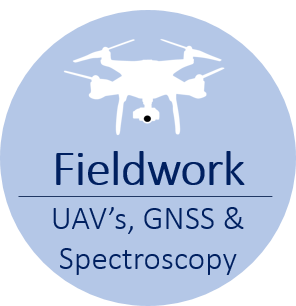


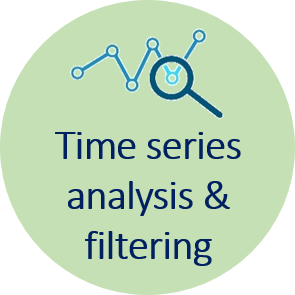
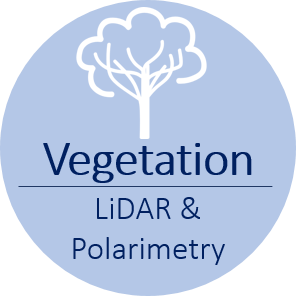
The courses will be taught by researchers from the SENSE consortium with expertise in the subject-area. They will be largely practical-based, featuring group project work in addition to lectures and talks from keynote speakers working in different aspects of Earth Observation. If travel away from home is not possible, remote access to the course will be made available through live video and support from a ‘buddy’ from your institution who is attending.
The second 4-week residential training block will be held at the University of Leeds usually in early spring, with a one-week long oceanography course hosted at the National Oceanography Centre in Southampton. The following modules will be covered:

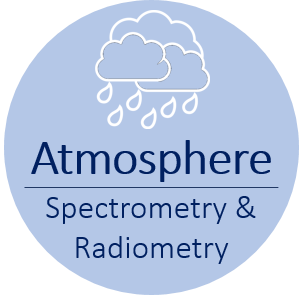
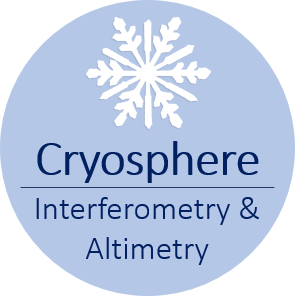

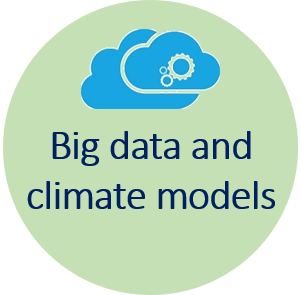
Around these training blocks the students will meet with their supervisory team regularly, developing a literature review, a plan for the following years, and receive training on communication skills, research planning, time management, ethics and integrity, team working and research methods with other NERC students from their host University.
During all of the SENSE training students who are away from their base location will have self catering accommodation (usually in shared flats) which will be arranged by the centre. Travel to attend this training will also be paid for by the centre.
The fieldwork training will take place in late spring in the Scottish Highlands, from the base of the Firbush Outdoor Activity Centre on Loch Tay. During this training students will learn about field data collection methods.
During the year students will also take part in a 1-day SENSE Industry Symposium, during which all years of SENSE students and their supervisors and trainers will mix with representatives of about satellite, data analytics and environment companies, as well as academics and other interested parties to discuss new developments, pressing issues, and exchange ideas.
Before Christmas, the students will have a Training Needs Assessment with their supervisory team, thinking about their project, the specific requirements of the student, and the training offered by SENSE, to find any gaps and identify specific courses to meet them. Budget may be available to attend courses or access training and will be considered on a case by case basis.
The nature of the training means that the SENSE students will spend a significant amount of their first year with the rest of the cohort. This will allow them to get to know the other students from their own and partner institutions and form a network which will carry them forward through their studies and beyond. We will also provide opportunities for the students to get to know students from other SENSE cohorts during group training and cohort building events.
Second year
After once again attending the SENSE Industry Symposium, and second year students will attend a one day media skills course presented by Boffin Media where they will learn tips and tricks to present their science and take part in practical podcasting and film exercises.
Students will likely take part in a 3-month industry placement late in their 2nd year or 3rd year, spending this time embedded in a company learning valuable skills and gaining experience.
As in the first year, ongoing training will be provided within their institution on professional, career and other skills.
Third year
The main training event in the third year will be a visit to an ESA facility most relevant to the student’s area of interest and study. During this students will present their research to ESA scientists and receive feedback, find out about the latest development with ESA satellites and data processing.
Fourth year
During the fourth year our students will be writing up and attending conferences, so little formal training takes place. We will aim to provide career and CV coaching sessions, sessions on finalising a thesis, and a training on Entrepreneurship and Intellectual Property hosted by the commercialisation teams from the Universities of Edinburgh and Leeds.
Placement
Most of our students will do a 3 month placement in their 2nd or 3rd year – see placements page for details.



